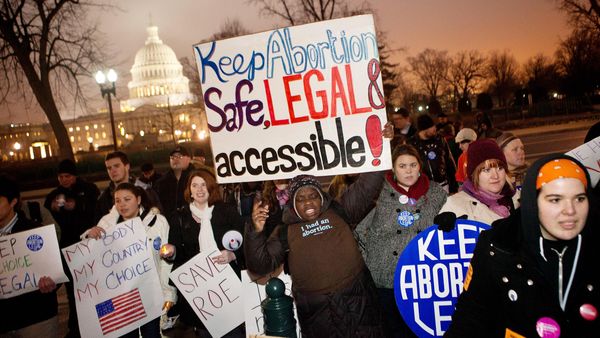"Why don't you go back to Mexico?" My friend Tori turned around. A man she didn't know was shouting at her across the aisles of Wal-Mart. His face was contorted in anger and he looked like he was getting ready to spit on her. Tori, angered but afraid, jogged in the opposite direction. The next day at the lunch table, Tori conveyed the event to my other friends and me. "Can you believe that?" she asked us in disbelief. "I'm Mexican and I know I look it, but I was born in Ohio!"
I felt bad for Tori. She was the victim of a single man's view on a polarizing issue: illegal immigration. For those of us that watch the news, illegal immigration is a hot topic for journalists everywhere. Who's coming over? And why? What policies will Congress implement to help or hurt illegal immigrants? As journalists explore the answers to these questions, the problems the legal immigration system is experiencing are ignored.
Legal immigration, put simply, is the process where someone from another country applies to come to the United States. These people submit visas to the U.S. government for approval. These visas, if approved, will allow them to enter the U.S. temporarily or permanently. There are many different types of visas—each one unique. You may not realize it but, even if you're not an immigrant, immigration visas and policies impact your day to day life.
Picture this. You're shopping at the grocery store. You grab a Diet Coke to quench your thirst and pay for it using your Visa debit card. On your way out, you FaceTime your boyfriend or girlfriend on your iPhone.
You have just used products that come from companies who employ workers from other countries. Coca-Cola, Apple, Visa, and many other well-known companies collectively wrote Kirstjen Nielsen, President Trump's Secretary of Homeland Security, a letter on August 22, 2018. In this letter, they protest the problems that the legal immigration system is experiencing, including a shortage of visas. They also try to appeal to the Republican party's desire for a prosperous economy, claiming that a lack of information and a broken legal immigration system will continue to harm the United States's economy.
These companies aren't the only ones experiencing problems with the legal immigration system. In 2017, 494,098 work related (including employment based and H1-B) visas were issued. Nestlé and Sony Pictures were two of the many companies whose visa applications for employees were denied.
No matter what your political views are, the U.S. government has always supported legal immigration. These employees are trying to follow the rules. As they ponder their uncertain futures, vote this November for Congressional members who will help our economy grow by fixing the legal immigration system.



















